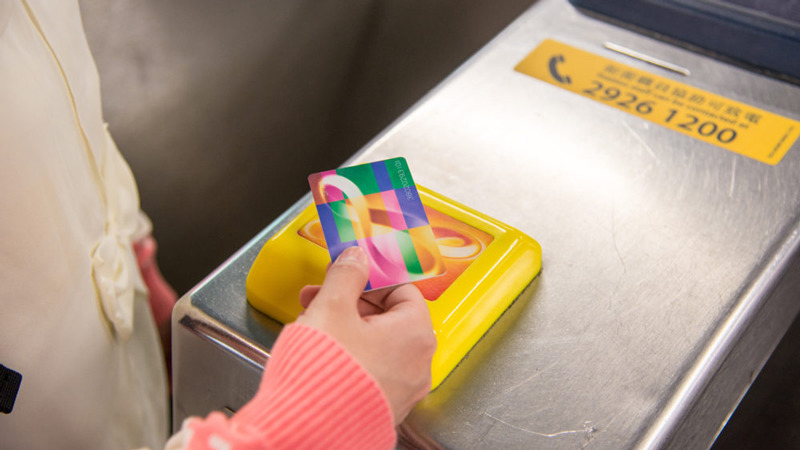While it’s not the most glamorous part life in a new city, there are some admin basics that need to be taken care of. If you’re new to the city or thinking of moving to Hong Kong, we have some advice on the key areas of visas, Hong Kong ID cards and the Octopus system, all of which you’ll need to have sorted to live and work in the 852.
Visas & Hong Kong ID cards
About the working visa
Unless you have a Hong Kong “right of abode” or “right to land”, a visa is required to work in the Hong Kong Special Administrative Region (SAR). Having your company sponsor and issue your visa (and any dependant visas for your family) before you arrive is the most efficient way of entering Hong Kong. Most companies hiring foreign staff are familiar with the process and should get the ball rolling before you travel.
Having said that, arriving as a visitor allows stays of between 14 to 180 days depending on what passport you hold. You’re not legally entitled to work without a visa but you can land and then set about getting your documents if necessary. Expect the visa process to take up to four weeks.
More: immd.gov.hk
Working on a dependent visa
If one of you has obtained a working visa, then dependent visas can be issued (and are necessary) for your spouse and children under the age of 18. Holding a dependent visa gives a wide berth for spousal work opportunities since no additional working visa is needed, and the dependent is not tied to one company. Minors all need valid visas for school and to access public facilities, like healthcare.
More: immd.gov.hk
Be aware that COVID-19 restrictions and uncertainties have complicated the visa process; you should supplement the information included in this guide with the latest updates from the relevant government websites.
Applying for a Hong Kong ID card
Anyone residing in Hong Kong and aged 11 or over is required to hold a Hong Kong ID card, and an application must be made within 30 days of landing if you are planning to stay longer than six months. Details of the process are found on the HK SAR government Immigration Department website; it’s possible to make online bookings for an appointment, but be prepared to spend some time in person at the Immigration office when making your application. There are five locations where applications can be processed. Immigration Tower in Wan Chai is the busiest but most frequented by expats.
On the day, you’ll need:
- Passport
- Valid visa
- Completed application form
- Child’s original birth certificate
- Photos are taken during the application, and no fee is required. HKID applications are usually processed and ready for collection within 10 days.
More: immd.gov.hk
Upgrading your current HKID
If you’re returning to Hong Kong and already have a HKID from your last stint, you might need to update it. HKID’s are being upgraded to newer cards, and replacements are being managed by year of birth. Check the government website hsmartid.gov.hk/en/to see if your card needs replacing.
Using your card
You should keep your ID on you at all times, and it’s a good idea to have the number memorised, since it’s routinely used as an identifier when calling banks or arranging services. Cards are fitted with a smart chip and as such can be used in place of a library card, as well as ensuring a swift exit through automatic gates at Hong Kong Airport and in Macau.

Octopus card
One of Hong Kong’s great innovations is the Octopus card and it’s a good idea to get one for each member of the family. The card is micro-chipped, allowing you to make cashless payments on public transport – but it has many other uses, from buying groceries or things from vending machines to paying for parking or even for services at public hospitals. A standard card comes with a refundable HK$50 deposit. Children are required to start paying fares from age three. They don’t necessarily need their own Octopus card from that age though. You can buy tickets at MTR stations or pay on the bus.
Pick up a card at a range of authorised distribution outlets including almost all MTR stations, plus various light rail and ferry customer service centres.
More: octopus.com.hk
This article appears in Expat Living’s annual City Guide. Get your free copy now!
Get more handy advice and tips in our Living in Hong Kong section:
Expats guide to where to live in Hong Kong
Handy Hong Kong smartphone apps






